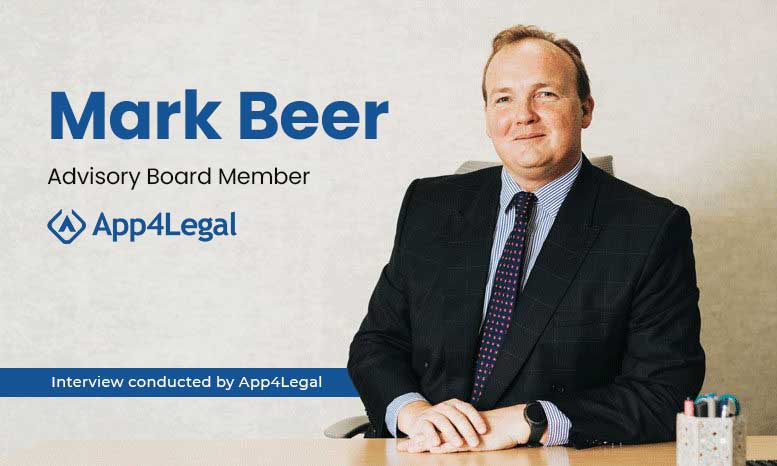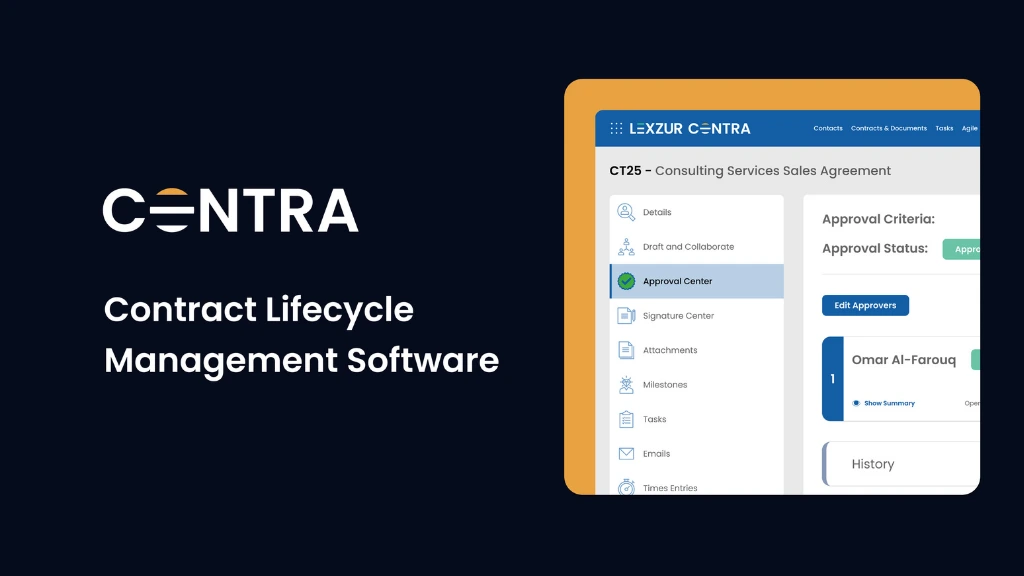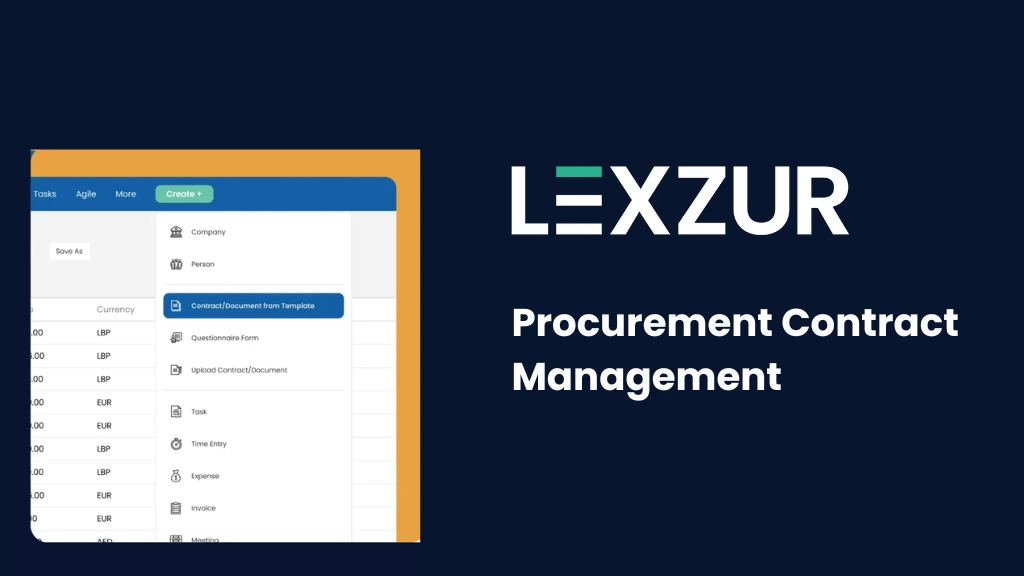We had the pleasure to interview our very own Advisory Board Member, Mark Beer, a speaker, strategic advisor and independent non-executive director with 3 decades of international experience.
Brilliant, honest, charismatic, and eloquent, Mark finds answers where others find problems. This has led him to be twice named as one of the ‘Top 50 most influential Brits in the UAE’, to be appointed an OBE by Her Majesty Queen Elizabeth II in 2013, to be shortlisted by the Law Society of England and Wales as the UK’s Solicitor of the Year, and to be awarded The Association of Corporate Counsel Middle East Achievement Award in 2018 – among many other impressive awards and achievements throughout his career.
To start, we asked Mark why he chose to join Lexzur’s Advisory Board.
Mark said, “So, the first reason for joining the board was because I want to support all technology businesses that are thriving and doing so well, especially those like Lexzur, which have the potential not only to lead in the Middle East but also to lead globally. As one of, what I would say, the leading legal tech products that are available at the moment. The second reason is because law tech is very much the new fintech. Law tech is the fastest growing professional technology sector at the moment, with investment growing exponentially, and the potential for law tech to really transform the legal environment, and to enhance access to justice, and to allow lawyers to better serve their customers. This is the time. This is the moment. This is the perfect opportunity for legal. The third element is a fundamental view that technology will not replace lawyers.” He continues to say, “But I do think that lawyers that embrace technology will replace those that don’t.”
Among other questions, we asked Mark what advice he has for Legal practitioners looking to integrate legal technology to their practice.
“I think when we embrace the uncomfortable, it helps us grow, it helps us learn. It helps us explore what’s possible” – Mark Beer
Mark discusses two major points that he believes make for an optimal transition. The first piece of advice is Embracing Technology to learn and grow from it. The Second is making sure that the technology being used, actually improves your clients’ experience. We can do incredible things with technology, but at the end of the day, we must make sure that it enables lawyers to deliver a better service to more people.
When asked how Lexzur can help legal teams improve daily work, Mark says, “I think the first way is it enables them. It enables legal teams to do their job better, to collaborate, better, to work better together, and ultimately to help their clients in a better way than using other forms of technology. “
He continues to say, “Efficiency is number two. There’s no question that Lexzur will make a legal team – whether it’s in private practice or whether it’s in house – be more efficient, more collaborative, more able to deliver in a better time, in a better way, the legal services that they need, whether it’s for their clients or whether for the business that they work within.”
Mark Beer says Lexzur is an enabler, something that drives efficiency, and this makes lawyers more effective!
He concludes, “They make lawyers more effective at delivering legal services, managing legal services, supervising legal services, and that ultimately delivers a better client experience.”
Watch the Full Interview here






Leave a comment